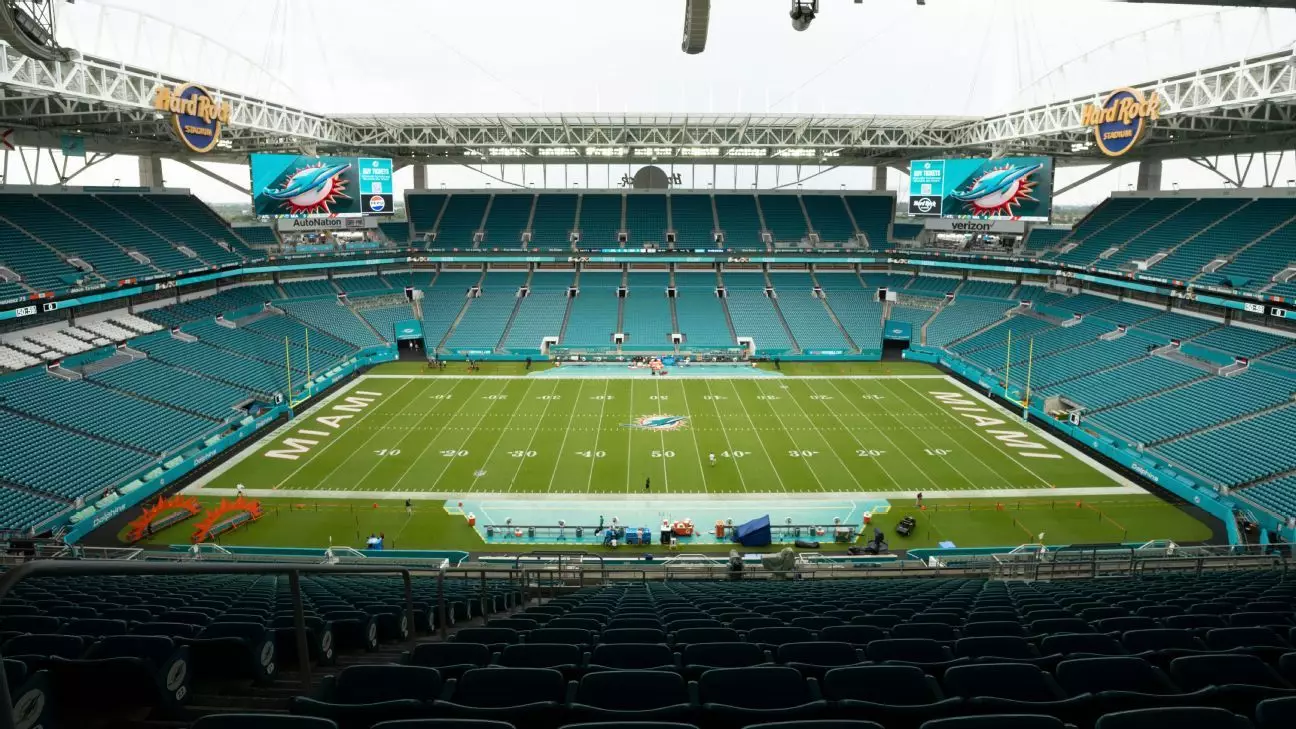LaLiga has long envisaged the idea of staging matches in the United States, with aspirations to give Spanish football a wider audience and enhance its global brand. This ambition is not just an idle fantasy; it’s rooted in a strategy aimed at engaging the ever-growing American sports market. The latest spearhead for this initiative is the proposed match between FC Barcelona and Atlético Madrid scheduled for December. Although this plan has been met with numerous challenges over the years, signs are now suggesting that a breakthrough could be imminent.
The journey to organizing a LaLiga match in the U.S. has been fraught with resistance from various sporting bodies. The Spanish Football Federation (RFEF), FIFA, and U.S. Soccer have all raised objections in the past, highlighting concerns ranging from logistical issues to the principle of preserving traditional league structures. However, recent developments indicate a thawing of rigid stances. A pivotal moment came earlier this year when the U.S. Supreme Court allowed Relevent Sports Group’s antitrust lawsuit against FIFA to progress, undermining longstanding barriers that prevented foreign leagues from bringing matches to American soil. This landmark ruling has catalyzed a shift, providing an opportunity for LaLiga to revive its quest.
Despite the optimism surrounding Barcelona’s upcoming match against Atlético, multiple hurdles remain in play. The RFEF’s leadership vacuum complicates matters, as the federation is without its president until mid-December. Nevertheless, there is a belief that the interim board could approve the match. Moreover, UEFA’s involvement is crucial, as it must also grant its endorsement. While a spokesperson for UEFA confirmed that no formal approach about this match had been made, the governing body’s stance stands as a significant variable in determining the feasibility of the event.
Notably, both clubs have expressed strong interest in this venture. If the plans were to materialize, it would not only benefit LaLiga financially but could also draw significant viewership and engagement from a diverse fan base in the United States. Javier Tebas, the president of LaLiga, has consistently voiced his aspirations for internationalizing the league. He believes that playing regular-season matches abroad could significantly alter the landscape of Spanish football. Given that both FC Barcelona and Atlético Madrid have previously explored opportunities to play in the U.S. – although previous plans fell through due to resistance from sporting authorities – their renewed interest suggests a committed effort toward achievement of this goal.
While the scheduling of Barcelona vs. Atlético at Hard Rock Stadium remains uncertain, the underlying desire to make it happen underscores a transformative moment for LaLiga. The combination of legal victories, evolving attitudes among key stakeholders, and the commitment from both clubs could mean that this long-cherished vision may finally become a reality. If executed successfully, it would not only represent a victory for Spanish football’s growth but also potentially redefine how international leagues engage with audiences worldwide.

